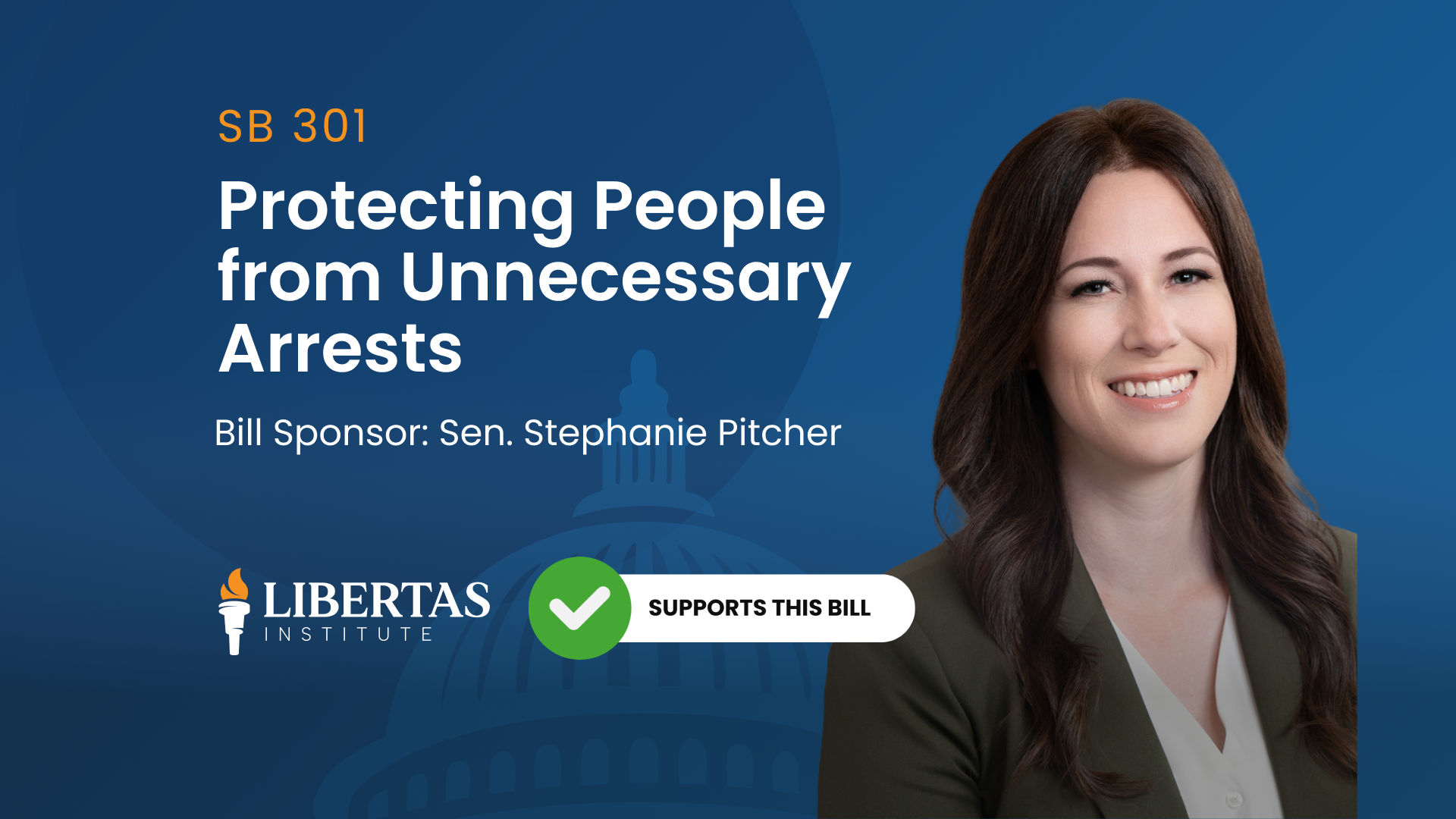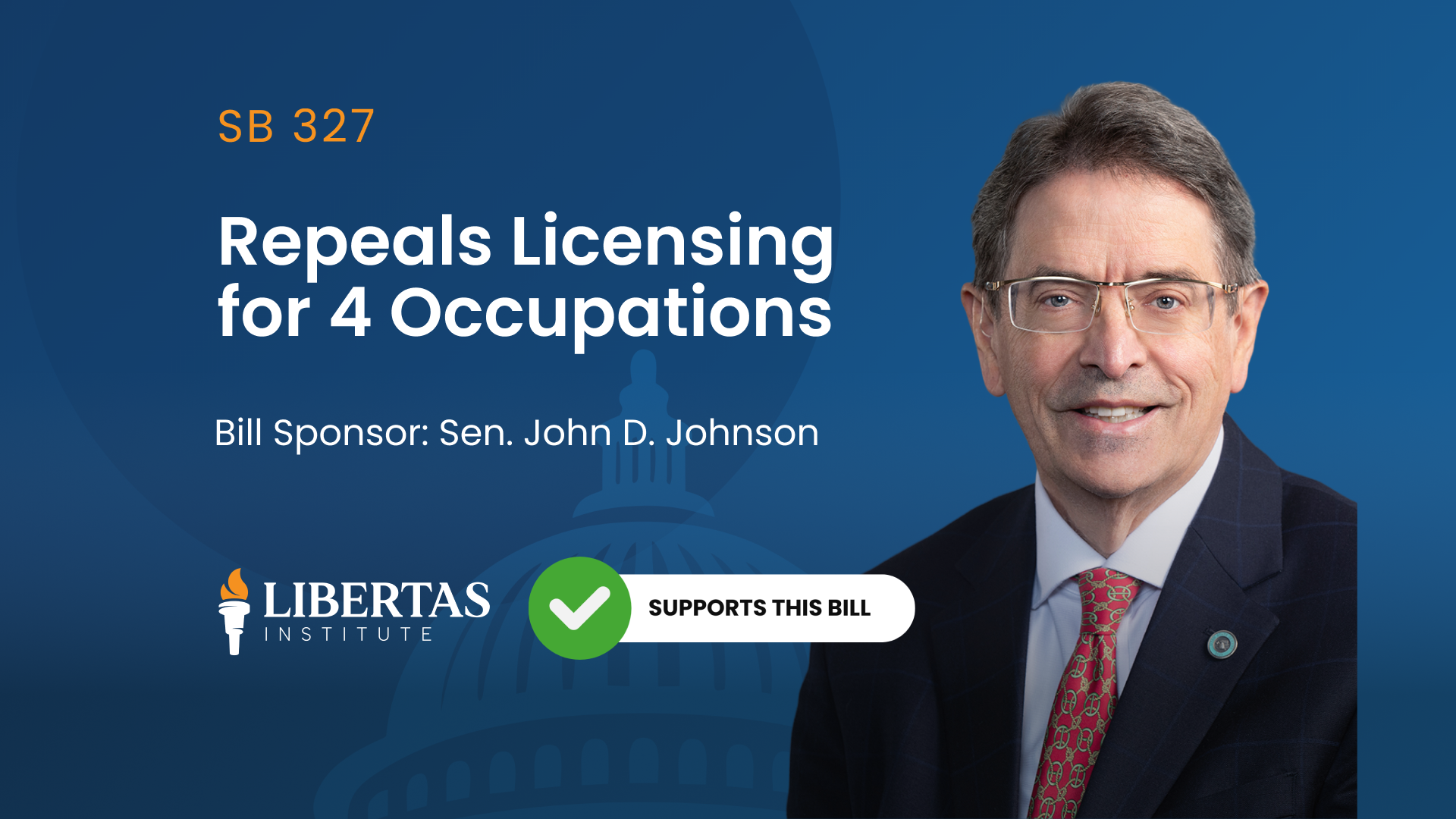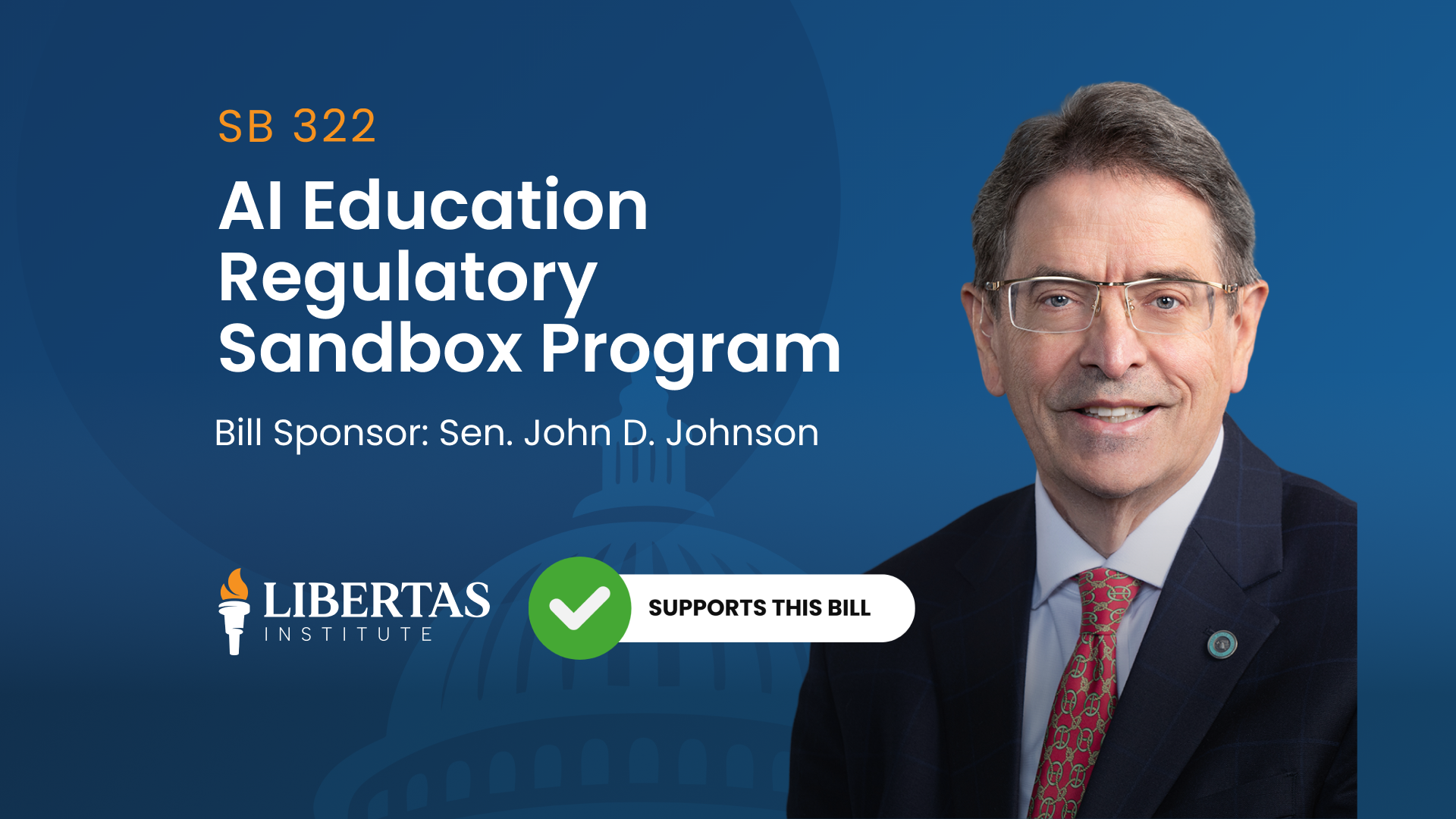This Bill passed the House and Senate unanimously.
Libertas Institute supports this bill.
Two years ago, Libertas Institute proposed legislation designed to help the public understand how often, and under what circumstances, agents of their government take property from people through asset forfeiture law. The bill, sponsored by Senator Howard Stephenson, passed unanimously and was signed into law by the Governor.
The first-of-its-kind report was issued last summer, reveals what has been suspected, namely, that the use of forfeiture by prosecutors in Utah is almost entirely for drug offenses—97.5%. Combined with the previous year’s law enforcement transparency report showing that 83% of forcible entry warrants are served for drug offenses, an alarming picture begins to unfold: property rights and individual liberty are being undermined in the name of a failed ‘war’ on drugs.
Further, the report reveals that 94% of forfeiture cases were done civilly rather than criminally—in other words, prosecutors didn’t actually have to convict the person in order to take the property. Additionally, the median value of cash taken by the government was a mere $1,324—a far cry from the “drug kingpins” and organized crime that prosecutors often cite in order to justify the existence of civil asset forfeiture.
Because of this low value, the report notes that most forfeitures are not contested; 61% of cases were not challenged, allowing the government to take the property. This not too surprising, as property owners are financially disincentivized to right. Why would one spend thousands of dollars in attorney fees hoping to recover $1,324?
Senator Stephenson has sponsored new legislation designed to collect a few additional points of data to improve future forfeiture reports. Here are the key changes:
- The current law requires data to be reported when the forfeiture case is finished. This law adds an additional reporting trigger: each time a law enforcement agency receives an “equitable share” from the federal government. Under federal law, the “equitable sharing” forfeiture program sends 80% of the proceeds of the forfeiture back to the local law enforcement agency whenever the property was forfeited by the federal government, rather than by the county or state. This reporting trigger will help Utahns understand how much money is being funneled by the feds—and how much, and in what circumstances.
- The report would have to now detail whether any criminal charges were filed regarding the alleged defense, and if so, the result—whether a conviction, acquittal, dismissal, etc. This will help the public understand how often property is being taken in the absence of a criminal conviction.
- Forfeiture programs are sometimes defended on grounds that the resulting money is used for beneficial purposes and programs, such as drug courts and victim reparations. The report would now require a detailed listing of how much of forfeited property was taken by police and prosecutors for property maintenance costs, legal costs, and attorney fees—prior to the leftover amount being transferred to the state for allocation to these programs.
A recent poll showed that 86% of Utah voters oppose civil asset forfeiture. Given the concern over this issue, we anticipate the legislature will respond favorably to additional transparency in order to gain a better understanding of how this law is being used, and how it might be further reformed.




